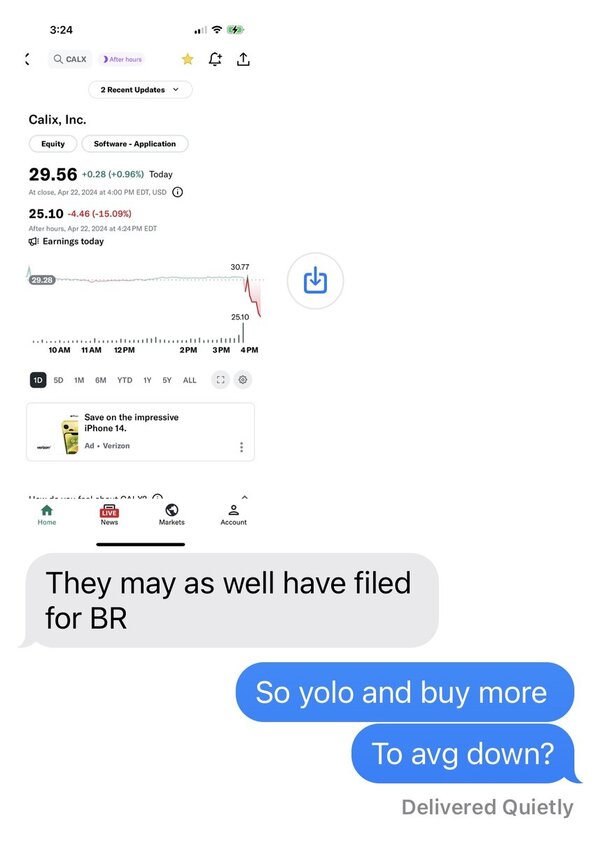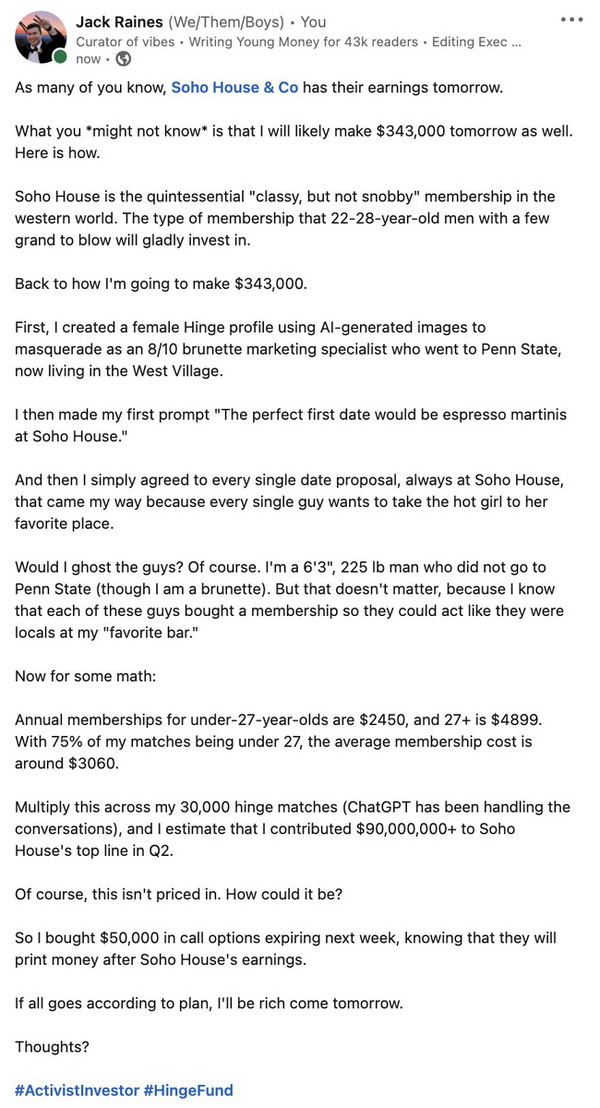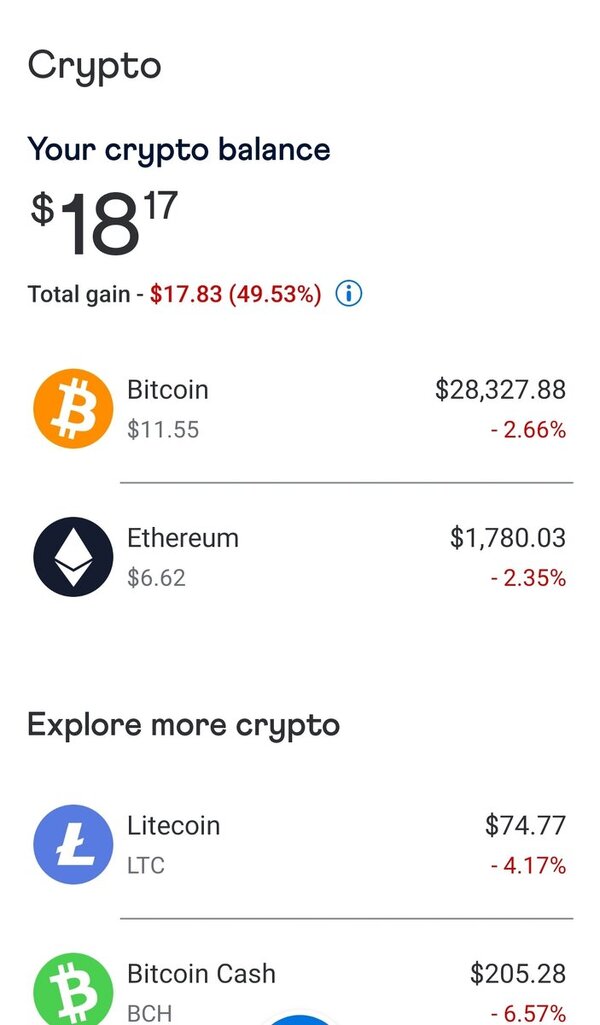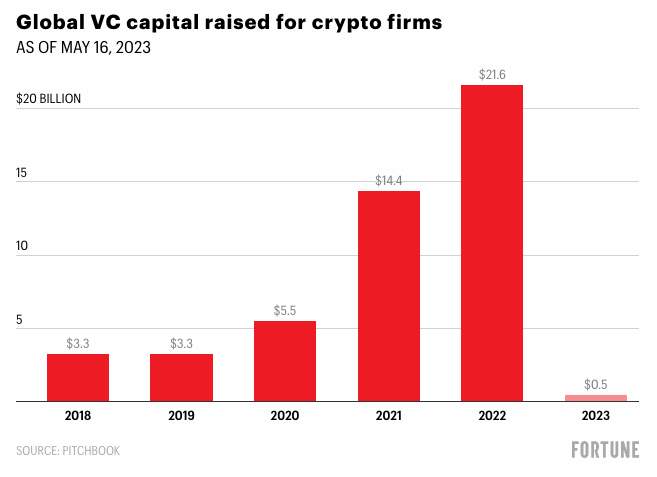archetypal_yuppie
Distinguished Member
- Joined
- Jan 9, 2010
- Messages
- 2,855
- Reaction score
- 591
Except how its not correct:
DEFINITION of 'SEC Form 13F'
A filing with the Securities and Exchange Commission (SEC), also known as the Information Required of Institutional Investment Managers Form. It is a quarterly filing required of institutional investment managers with over $100 million in qualifying assets. Companies required to file SEC Form 13-F may include insurance companies, banks, pension funds, investment advisers and broker-dealers. This form, which must be filed within 45 days of the end of each quarter, contains information about the investment manager and potentially a list of their recent investment holdings.
Correct on both points. Just found the full disclosure list. My mistake.
Except how its not correct:
DEFINITION of 'SEC Form 13F'
A filing with the Securities and Exchange Commission (SEC), also known as the Information Required of Institutional Investment Managers Form. It is a quarterly filing required of institutional investment managers with over $100 million in qualifying assets. Companies required to file SEC Form 13-F may include insurance companies, banks, pension funds, investment advisers and broker-dealers. This form, which must be filed within 45 days of the end of each quarter, contains information about the investment manager and potentially a list of their recent investment holdings.
































